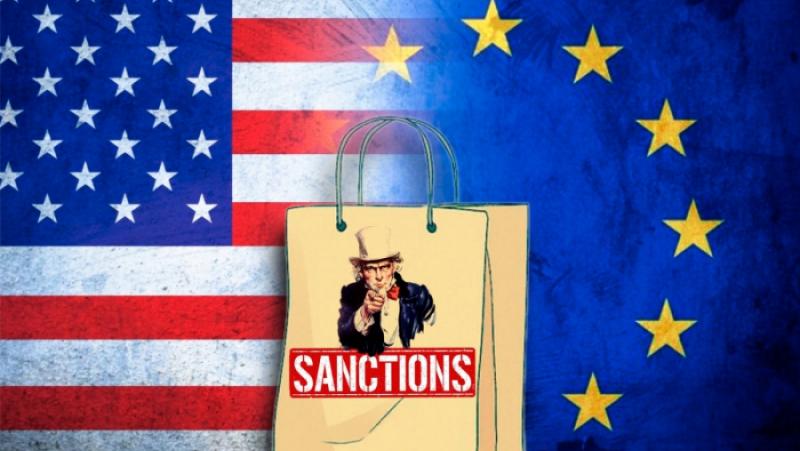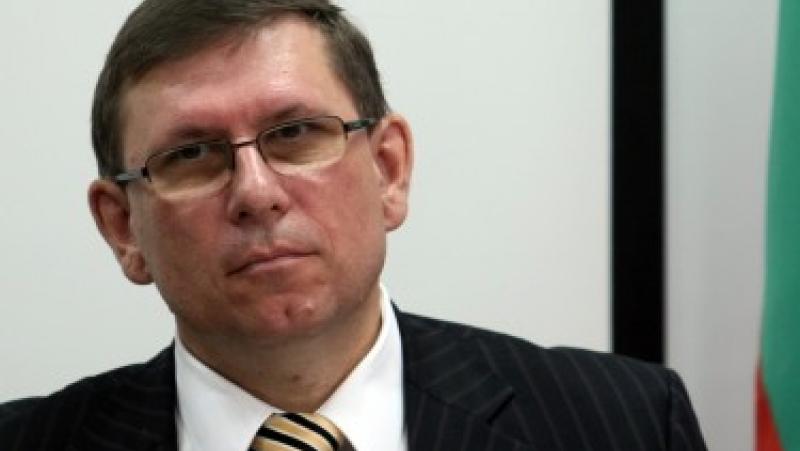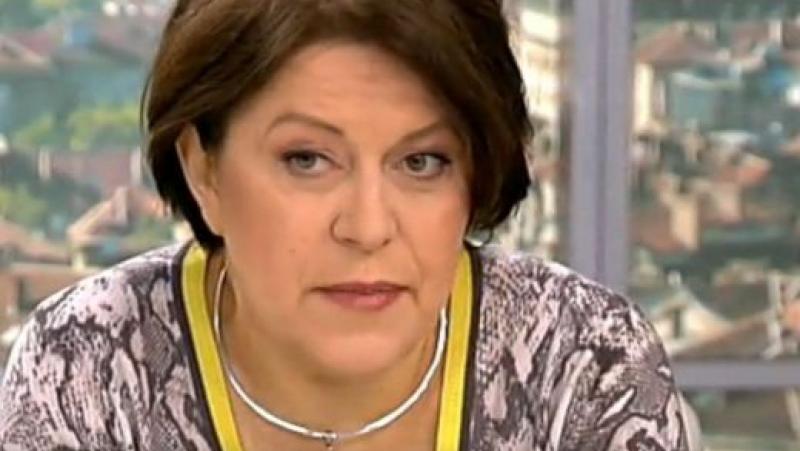/ world today news/ The concept of “black knight” has long been rooted in the literature on sanctions. By rule is understood a state which, contrary to the sanctions regime of the individual initiating states, continues to cooperate with the target state. Ultimately, such cooperation helps the target country to adapt to the sanctions, to mitigate their damage and to overcome – partially or fully – the consequences of isolation by the initiators of the sanctions.
Historically, the “black knights” tirelessly pursue sanctions. In international relations, cases where a competitor of the initiator helps the target country are common. Russia has played a similar role many times. At the beginning of the 19th century, Alexander I actually sabotaged the continental blockade – the system of sanctions of France and its allied countries against Great Britain. Earlier in the 18th century, France itself supplied arms to the American rebels, bypassing the British blockade. During the Cold War, American sanctions often led to aid from the Soviet Union. China, North Korea, Cuba, Vietnam and many others receive it in large quantities.
After the end of the Cold War, the “black knights” seemed to fade into the shadows. No power directly challenges the US and does not try at any cost to help countries under sanctions. China is carefully building economic relations with North Korea, Venezuela and Iran, but adheres to UN Security Council resolutions, avoiding controversial steps. Russia began to return to the role of the “dark knight” only in the mid-2010s. The most striking episode can be considered the support of the Syrian government. But here, too, Russian aid was more military than economic.
After the start of the SVO in February 2022. a coalition of Western countries imposed a significant amount of sanctions against Russia. The country has been the biggest target of economic restrictions both quantitatively and qualitatively. Not all countries have joined the sanctions against Russia. The world majority abstains from them. However, it is still too early to talk about “black knights”. Businesses in countries friendly to Russia are very cautious, fearing secondary sanctions or prosecution by US authorities and its allies.
Russia’s relations with potential “black knights” are determined by the structure of the sanctions imposed against it. They can be divided into three large blocks. The first is financial sanctions. They imply a sharp narrowing of financial transactions with foreign counterparties due to blocking sanctions against domestic banks and similar sanctions against a wide range of individuals and legal entities. Here you can also add the exclusion of a number of financial institutions from SWIFT, sectoral financial sanctions, bans on investments, on the import of currencies from a number of Western countries and the like. The second block is export control. We are talking about a ban on the delivery to Russia of a wide range of industrial equipment, electronics, dual-use products and consumer goods. Mainly, these restrictions are aimed at limiting industrial and military modernization. Prohibitions also apply to third parties, that is, they often cannot transfer their products to Russia in case of ties with the jurisdiction of the initiating countries (licenses, technology, equipment, etc.). The third block is import control, that is, a ban on supplies to the initiator countries of key Russian export goods – oil and oil products, coal, ferrous metallurgy products, gold and others. The aim is to deprive Russia of export earnings. To these three blocs can be added the informal corporate boycott of hundreds of Western firms that have left Russia or stopped supplies.
In Russia itself, they did not count on the help of the “black knights”, energetically making efforts to adapt to the new restrictions. Preparations for the worst-case scenario began long before the start of the SVO. The de-dollarization of foreign trade started, its own financial infrastructure was created (in the spring of 2022 it saved the economy from financial collapse in the first weeks of the “sanction tsunami”), import substitution began.
However, the scale of sanctions after February 2022. clearly exceeded worst-case scenario expectations. Many measures had to be taken on the fly.
Here is parallel import, and discounts for business, and a quick search for new markets and suppliers. Business itself played the most important role in adapting to the sanctions. Relations with friendly countries helped to adapt, but each case had its limitations and specificities.
China is becoming Russia’s largest and most promising partner among friendly countries. In 2022 Russian-Chinese trade grew by more than a third. The share of the yuan in Russian export payments increased significantly. If in January the share of the Chinese currency did not exceed 0.5%, then in December 2022. it increased to 16%. It is too early to talk about the yuan becoming a universal means of payment for Russia in transactions with third countries. However, given the increasing Western pressure on the Russian financial sector, the yuan has every chance to strengthen its role in Russian transactions both with China itself and with other counterparties.
However, Chinese banks fear secondary US sanctions or losing Western markets. It will not be easy for Russians under Western sanctions to make payments to third countries, even using the yuan. Such caution was observed even before the start of the SVO. China’s UnionPay payment system appears to avoid transactions involving Russian sanctioned entities. The new political realities create an unprecedentedly favorable environment for Chinese business in the Russian market. But for now, China is hardly ready to openly act as a “dark knight”, challenging regulators in the US, the EU and other Western jurisdictions.
The growth of Russian-Indian trade showed even higher values. Compared to 2021 our trade has almost tripled, but trade with India is ten times less than Russia’s trade with China. Growth is mainly provided by the supply of Russian oil. That in itself is a step forward, especially given the embargo on Russian oil in the US, EU and other countries that initiated the sanctions. But there are problems with balancing trade. The imbalance of exports and imports makes it difficult to use rubles and rupees for mutual payments.
Indian business is also very cautious in dealing with Russian counterparties. The Indian market is important for Russia, but India itself, like China, can hardly be considered a “black knight” yet.
The same can be said for Turkey. Trading volumes showed significant growth. Turkey has become an important hub for the supply of goods to Russia from companies that have left the country, as well as a re-export point for Russian goods. Turkish banks experimented with the “Mir” card. But there are pitfalls here too. In September 2022 Turkish banks, as well as financial institutions in such friendly countries as Kazakhstan, Armenia, Uzbekistan and others, paid attention to the warning of the US Treasury Department about possible sanctions for using the Mir system in the interests of Russia. Threats from US authorities remain an important factor for banks in friendly countries. Turkey will remain an important partner in the supply of those goods and transactions not yet covered by the sanctions of the US and other initiators. But the expansion of sanctions will also affect Turkish business, although the extent of this impact is still difficult to assess.
Iran, itself under sanctions for a long time, is becoming a natural partner for Russia. There is an increase in trade indicators here. Obviously, it was in the Iranian direction that we were able to move forward in the development of a system for mutual financial payments. Work is underway on the ambitious North-South infrastructure project. However, the Tehran Chamber of Commerce warned Iranian businesses to be cautious when working in the Russian direction.
The main thing is that friendly countries played an important role in reorienting Russian exports and replacing outgoing imports. Trade with them helped to soften the effect of the sanctions. However, many problems remain. For example, the transfer of Russian oil products to Asian markets will be more difficult compared to trading crude oil. Substituting Western imports in the consumer sector will be easier than in industrial equipment or high-tech goods. And most importantly, friendly countries are still hardly ready to act as “black knights” in the form in which it was adopted in the twentieth century. Russia must rely above all on its own forces.
Translation: V. Sergeev
Subscribe to our YouTube channel:
and for the channel or in Telegram:
#Adapting #Sanctions #Russia #Black #Knights


